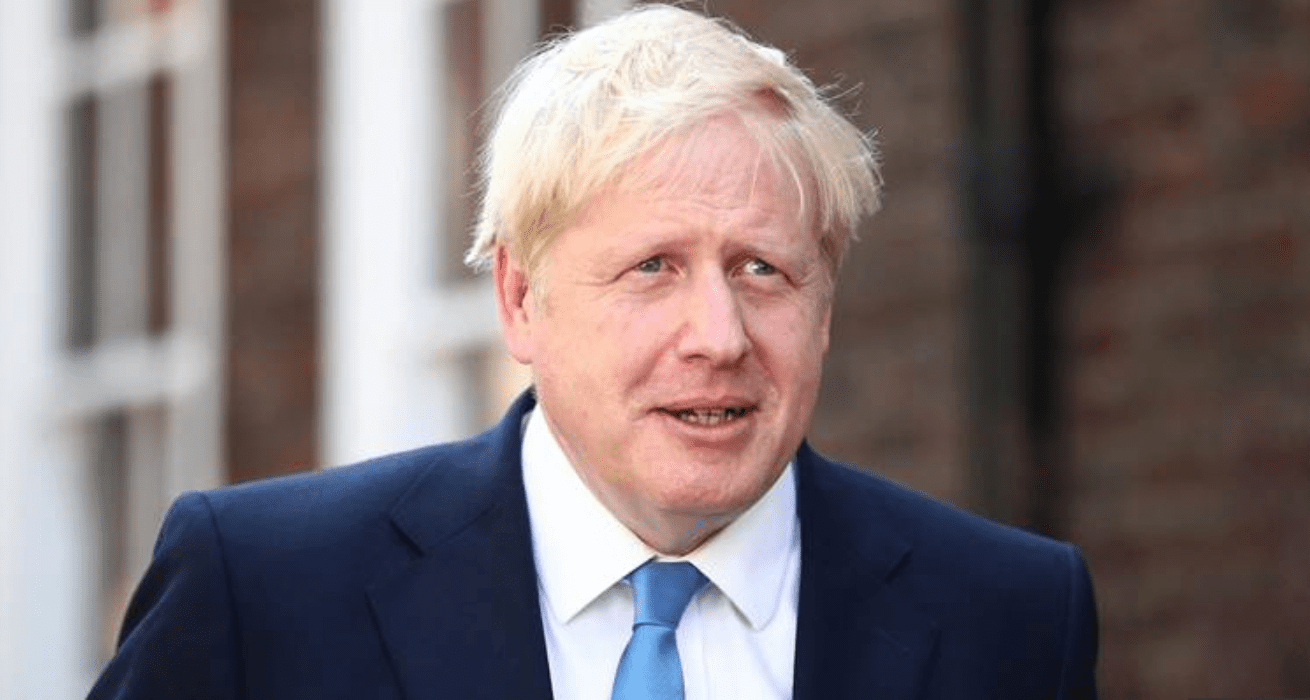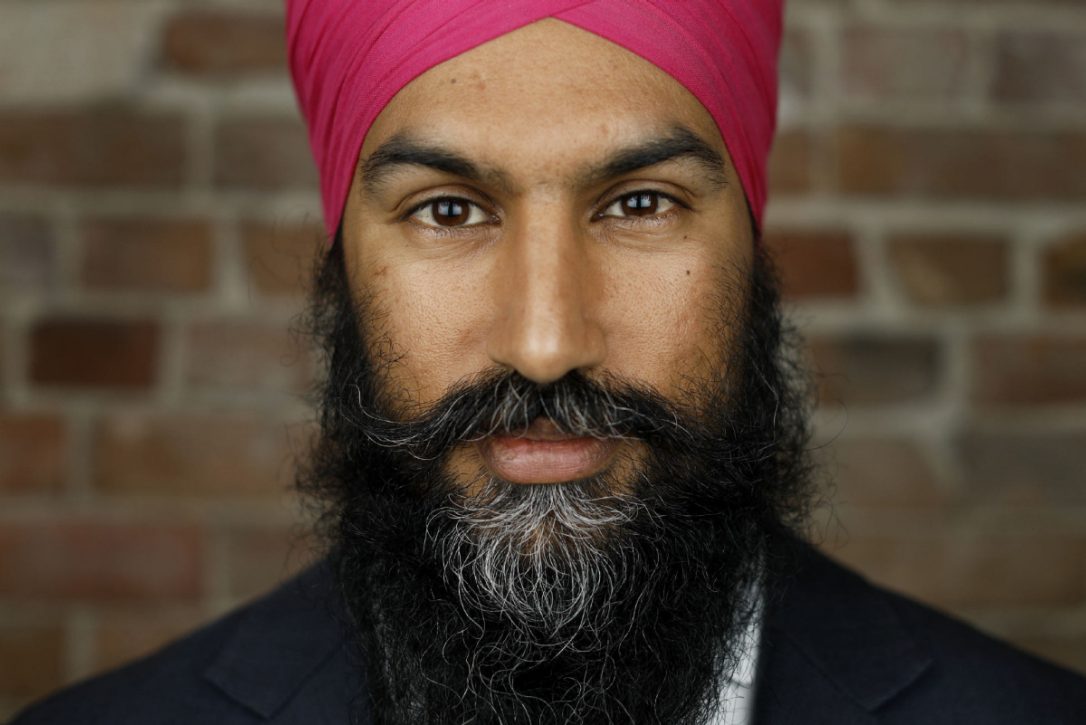Over the past couple of weeks, as the meltdown in Westminster has been broadcast worldwide, both in terms of the announced prorogation and the subsequent bill that was passed to prevent a no-deal Brexit, there have been many cries about how the entire sad affair is "proof" that there needs to be some kind of constitutional reform in the UK. There have been people who should know better castigating the Queen for not stepping in, and there are others who suggest that this is somehow a breakdown of the Parliamentary system. I would argue the opposite that amidst the chaos, we are in fact seeing glimmers of a Parliament that is behaving like it is supposed to, where MPs, including backbenchers of the governing party, are doing their part to hold their government in check, and to ensure that the recklessness of the prime minister is being held back from some particular abuses of authority.
While it's still a bit early to see how everything is going to shake out, but over the past week, we have seen floor-crossings, and a number of MPs being cast out of the party (using the rather delightful phrase of "surrendering the whip") for standing up for principle rather than party loyalty. Many are long-standing MPs who have stated that they no longer recognize the party that they have long been a member of one of those MPs decrying that the Conservative party had become a mix of populism and English nationalism and most of those have decided that they won't be running again in the next election, which could be sooner than later (though Parliament has denied Boris Johnson his desired "snap" election by refusing him the votes to call one under the Fixed Term Parliaments Act). More than one Cabinet minister has resigned over the whole shambolic nature of what is happening, and repudiated the government in which they served something that is a sign that things are going very badly in Her Majesty's government.
Nevertheless, the fact that MPs have chosen principle over party cannot be overstated as something that is refreshing to see in an era where MPs are often being reduced to talking-point drones and voting machines, subject to increasingly centralized power from their leaders' offices. Well, that's certainly the case in Canada, while in the UK, discontent has been plaguing both the Conservatives and Labour Party for a few years now, and a great deal of it can be chalked up to the UK parties adopting a more Canadian-like leadership selection system. In the Labour party, Jeremy Corbyn won power because he was able to mobilize a group of militants known as Momentum to take out party memberships and get him elected, and who have kept him in power through a leadership review, and who now threaten MPs who don't fall into line with "de-selection" (meaning that they won't be nominated as candidates in the next election). That, along with the resurgence of anti-Semitism in the Labour ranks has caused a number of their members to leave the party and sit as independents, while Corbyn remains unmoved that his personal unpopularity is keeping the party from overtaking the Conservatives in national sentiment.
As for the Conservatives, there is not only a complaint that the party itself has changed, but also that it has been taken over by unelected advisors something we in Canada are intimately familiar with because of the way in which the leadership selection system gives a leader a false sense of "democratic legitimacy" that they use to avoid the accountability of caucus. While it took some time for these particular problems to fully cement themselves in Canada, it took almost no time at all for them to take root and fester in the UK parties, which should be alarming to everyone.
As to the fact that this crisis is demonstrating that Parliament is acting in the way it should be, we should pay particular mention to their Speaker, John Bercow, who has done his utmost to protect the rights of individual MPs against the government exercising its powers over them (despite some of the problems with Bercow). That Bercow has declared that he will stand down as Speaker on October 31st, whether there is a general election or not, will be a loss to Westminster, and possibly to parliamentary democracy as a whole, because it means that a voice who has stood up for the rights of MPs, and who has reinvigorated accountability practices like Urgent Questions, where ministers can be summoned to the Chamber to answer for issues of the day outside of the usual practice of Prime Minister's Questions or the scheduled daily ministerial questions, will no longer be fulfilling that vital role. That MPs have been more empowered is a boon to parliaments everywhere, because it sets an example.
Of course, this bit of rebellion that we're seeing may be short-lived, and with all of the de-selections and dissident MPs deciding that they won't run again (many of whom were long-time MPs and have a great deal of institutional knowledge and memory), means that what may wind up happening is that we'll see a post-election parliament where many of the moderate voices on both sides of the aisle have bowed out. That would leave more of the radicals, and more of those who are more adherent to their party whips, thus leaving the UK with a more polarized parliament, and one that is more adherent to the wishes of their leaders rather than resistant to them. This is a recipe for long-term damage, and without a strong Speaker to protect their rights, and with power being increasingly centralized in their leaders' offices because they were selected by the false "democracy" of membership votes, it could mean that the UK's parliament is headed for troubled waters. We can hope that enough MPs take the lessons of this turbulent time and will continue to choose principle over party, but it nevertheless leaves me with a terrible sinking feeling.
Photo Credit: BBC News








